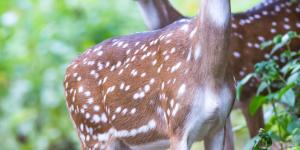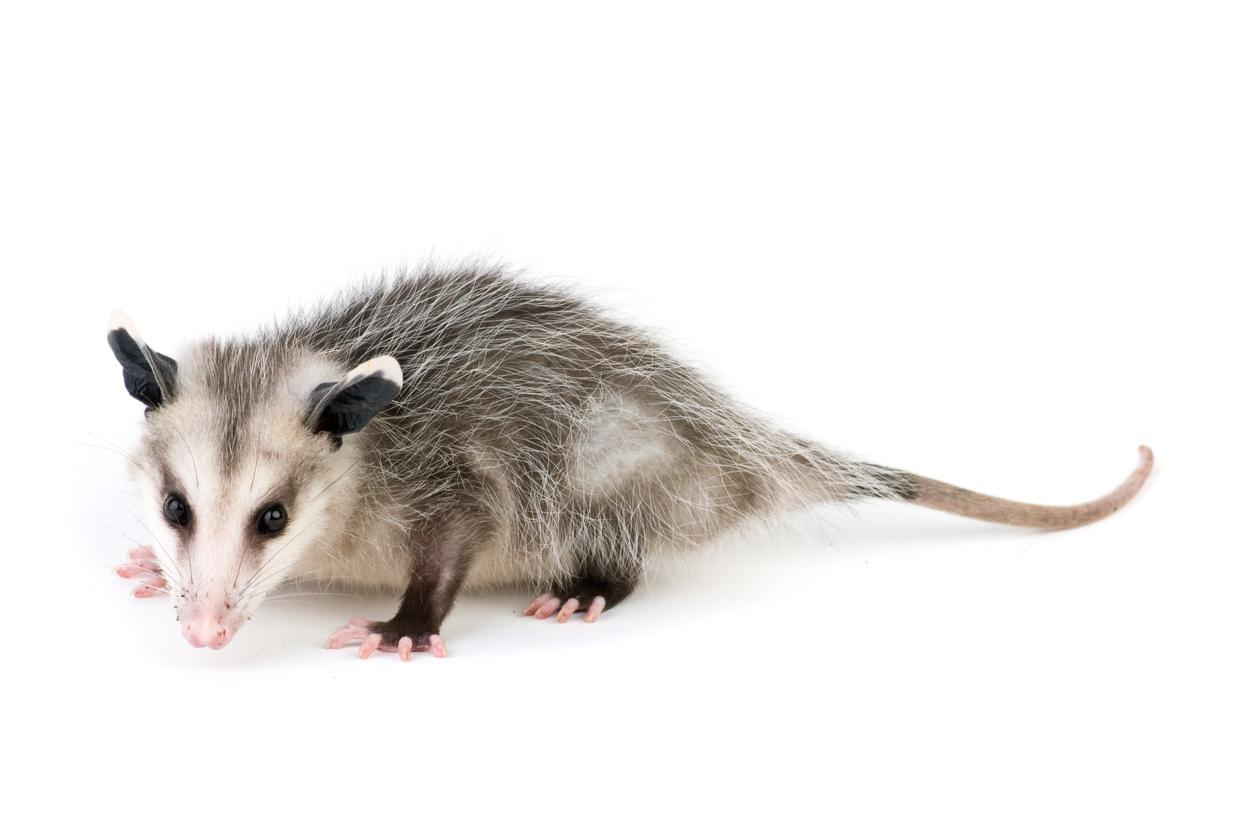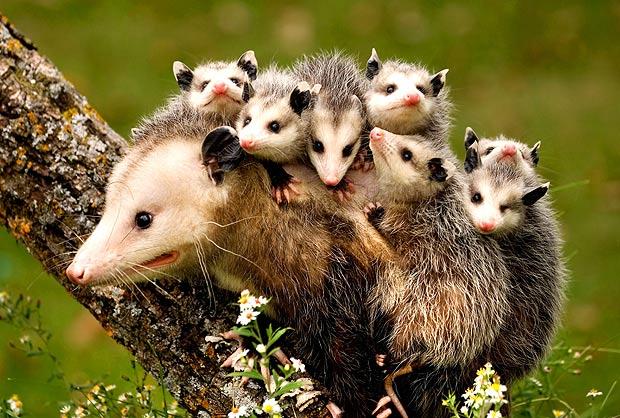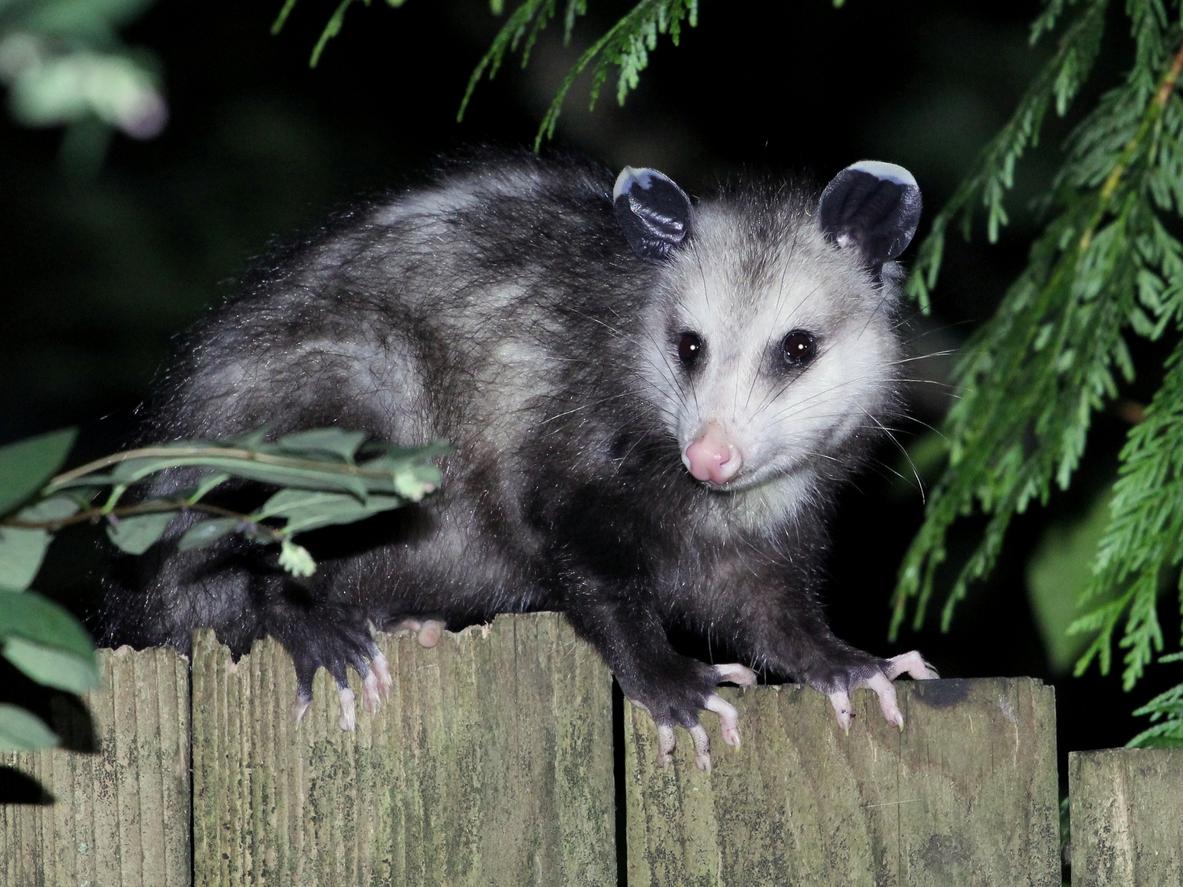Possums as Pets: General Guidelines and Tips

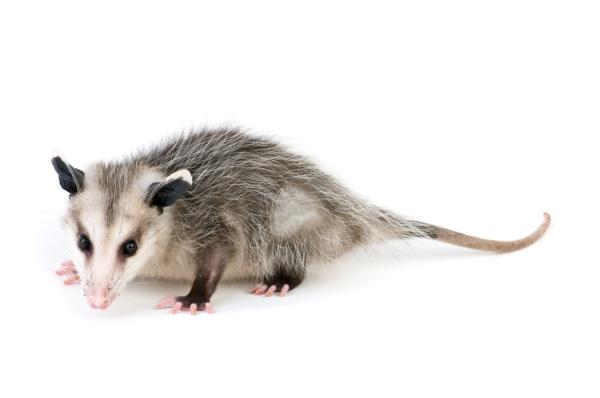
There is quite a lot of interest about possums as pets. In our need to be connected to nature, many people are looking to exotic pets to keep in the home. As with any non-domesticated animal, we need to start with a question. Can we keep possums as pets? Furthermore, is it right to take wild animals away from their natural habitat? This AnimalWised article explores the possibility of raising possums as pets and whether they should be released once they reach adulthood. The question of whether these animals fare well in captivity remains. Learn more about possums as pets in terms of their advantages and disadvantages.
What is the difference between a possum and an opossum?
Depending on where you are or who you speak to, there is either a lot or no difference between an opossum and a possum. However, making the distinction can help clear up any concerns on what you are dealing with.
The possum is the animal we are discussing in this article, but it is also known as the opossum. They have long snouts and small, sharp teeth. They are marsupials with prehensile tails, making them very good climbers. This is something important when considering opossums as pets. Opossums will want to climb over everything in your home. They are found in North, South and Central America, but mainly in the North. Opossums, however, are more commonly referred to simply as possums in the South and Midwest of the USA.
The English word ‘possum’ was first used for this opossum variety. However, when Australia was colonized by Europeans, they took this word and applied it to another type of marsupial which is found there, but not in the Americas. These creatures are a similar size and have similar behavior, but are not the same species. They are never referred to as an opossum, which is why many call the American kind the opossum and the antipodean variety simply the possum.
In this article we are talking about the North American possum, but it would be just as accurate to ask can you keep an opossum as a pet?
Can you domesticate a possum?
Sometimes, an orphaned possum may be found abandoned. This leads to many kind-hearted animal lovers wanting to take the animal in and raise them as a pet. This is particularly the case with a baby possum as they are indeed vulnerable. However, these creatures are wild animals and they require rehabilitation.
Wildlife rehabilitators are people who dedicate their lives (or at least large parts of them) to helping wild animals in trouble. Some animals are simply not healthy enough to ever return to the wild. Others have become reliant on humans to the point that sending them to the wild will mean they have little chance of surviving. What occurs will depend on the individual animal.
Domestication is a process which takes centuries. While there may be many examples of wild animals creating bonds with human beings, the circumstances where this happens are unique. They cannot be applied to every animal in a given species. The same goes for keeping possums as pets. There are some individuals which have shown docility in front of humans, but not all possums will be the same.
We also need to consider kindness. Possums have natural habits and behaviors they need to carry out. While many consider opossums solitary animals, recent studies have shown them to be more gregarious than previously thought[1]. Taking a possum out of their natural habitat is essentially cruel and unnecessary. People often ask the same question about domestication for animals such as otters or kangaroo rats.
Another important factor is that it is illegal to keep possums without a wildlife rehabilitation permit. Once they are old enough to survive independently, healthy possums can and should be released. These animals generally don't fare well in captivity. Transforming a possum into a pet can be an expensive proposition and one fraught with dangers for these animals.
To keep the opossum/possum legally, a wildlife rehabilitation permit is needed from the state. Based on where one resides, a volunteer may be needed with a wildlife rehabilitator to ensure your pet possum remains in good health. You may even need to pass a written exam or take a training class to get a permit. Once healthy, rehabilitated possums should be released into the wild where possible. The tips provided in this article are the ones used to help care for sick or injured possums.
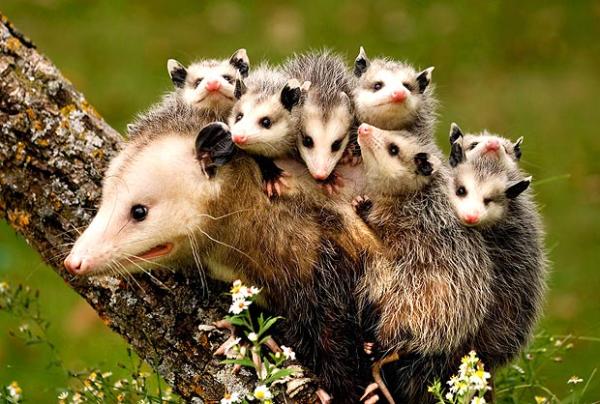
Diet and life expectancy of possums
The opossum is an omnivore. It eats a wide variety of food on its nightly rounds. Their diet includes the following:
- Fruit
- Grass and plants
- Insects
- Snails
- Garden pests
The possum also feeds on small animals such as mice, rats, and roadkill. Diets in captivity cannot hope to match the diversity of the animal's diet in the wild. It is essential to strike a balance in order to remain healthy. Poor diets can lead to metabolic bone diseases that are expensive to treat and potentially fatal.
Possums also have a short lifespan; around three years or less in the wild. They have to deal with predators and human intrusions. In captivity, they may survive for longer, if proper nutrition and care are received from a qualified handler. Stress and tension experienced due to confinement and lack of exercise as well as proper diet are the main barriers to the survival of possums in captivity.
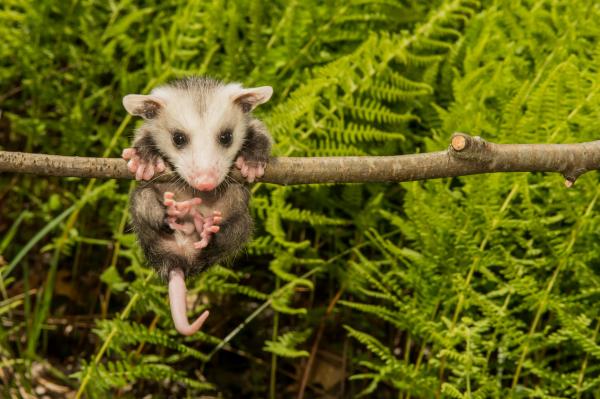
Possums as pets dangers
The possum is a beautiful animal, but there are many specific concerns regarding keeping them as a pet. While the opossum is not generally an aggressive animal, this aspect should not be ignored. In the wild, the possum is usually docile and will not attack you without confrontation.
By rearing a possum in captivity, you are suppressing their natural instincts. They do not like to be held captive and will need to seriously bond with a human when they are young if you can expect them to co-habitate peacefully. This is the same as the necessary socialization process of any domestic animal. If not, then they may attack you our of frustration or in defense of being locked up.
Possums are also prone to disease, death, and infections in captivity. Lack of immunity in captivity conditions can lead to bacterial diseases. Possums that live longer than a year may suffer from cataracts, lose coordination and become obese. Scientists have no idea why they age so quickly. The majority of vets don’t yet have the experience to deal with their health issues. You need to find an animal doctor who is qualified to address this type of health problems if you are going to raise a possum.
Take a look at our article whether Possums dangerous for humans or pets? for more information.
How to raise a possum
While the possum is not a common pet, you can follow these guidelines if you are in the position where you need to rear one until a wildlife rehabilitator can be found:
- The most important point is that these animals are nocturnal so they commonly sleep during the day and remain active in the night. They sleep in dark places and do not prefer to be disturbed while resting. This is why you should provide the Possum with a suitable environment and resting place so it can sleep during the day, The possum's home is a quiet refuge which should be away from drafts and sunlight.
- Choose an appropriate home comprising a nesting box, exercise wheel for nighttime and branches to climb on.
- Possums feed on fruit. These animals need high protein, low fat, dry food and will never eat more than required. Other vegetables and snacks should also be included in the diet.
- The home needs to have humidity at 50 percent to safeguard the opossum's skin from drying out. Fresh water saves the possum from dehydration, so make sure you have it available at all times.
- The possum feeds on insects, voles and mice. So they work out to be pretty beneficial for combating household pests. However, when threatened, the possum can attack so you need to consider this if you want to rear one as a pet. Discipline your possum gently because if you try physical reprimands, it will breed aggression.
- The possum will likely want to run out of the house, much like many a pet cat. These creatures are curious and agile. They also have great dexterity, making them able to open drawers, cabinets and other things they shouldn't. You need to possum-proof your home.
- Your possum also needs to be trained to use a litter box since childhood if they are never able to be returned to the wild. Do not litter train them if they can be. Use positive reinforcement to ensure your possum remains safe, happy and contended. Provide treats if you want to increase its trust levels.
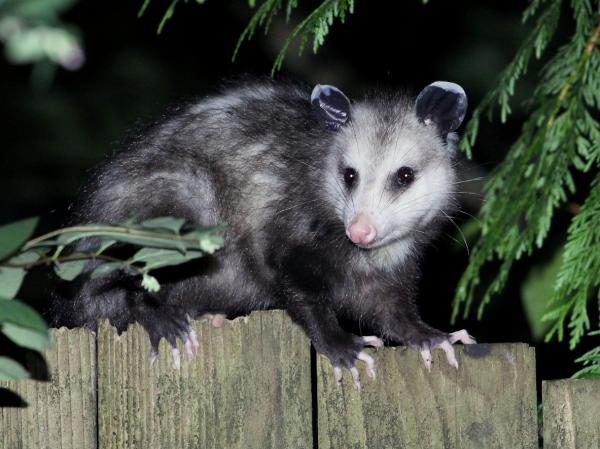
Types of possums
These are two types of opossums namely short-tailed opossum and the Virginia opossum. Both need the care of a vet and treatment should basic health issues arise. Pygmy possums are not opossums, but the kind found in Australia we discussed above.
Short-tailed possums are solitary creatures with night time habits, so they do not like captivity. It is important to be patient with these possums and permit them to smell you before picking them up.
Virginia possums are nocturnal and enjoy a slow paced, calmer household as they are timid and frightened.

If you want to read similar articles to Possums as Pets: General Guidelines and Tips, we recommend you visit our Basic care category.
1. Diego Astúa, R., et al. (2015). First Evidence of Gregarious Denning in Opossums (Didelphimorphia, Didelphidae), with Notes on Their Social Behaviour. Biology Letters, 11.
https://royalsocietypublishing.org/doi/10.1098/rsbl.2015.0307


